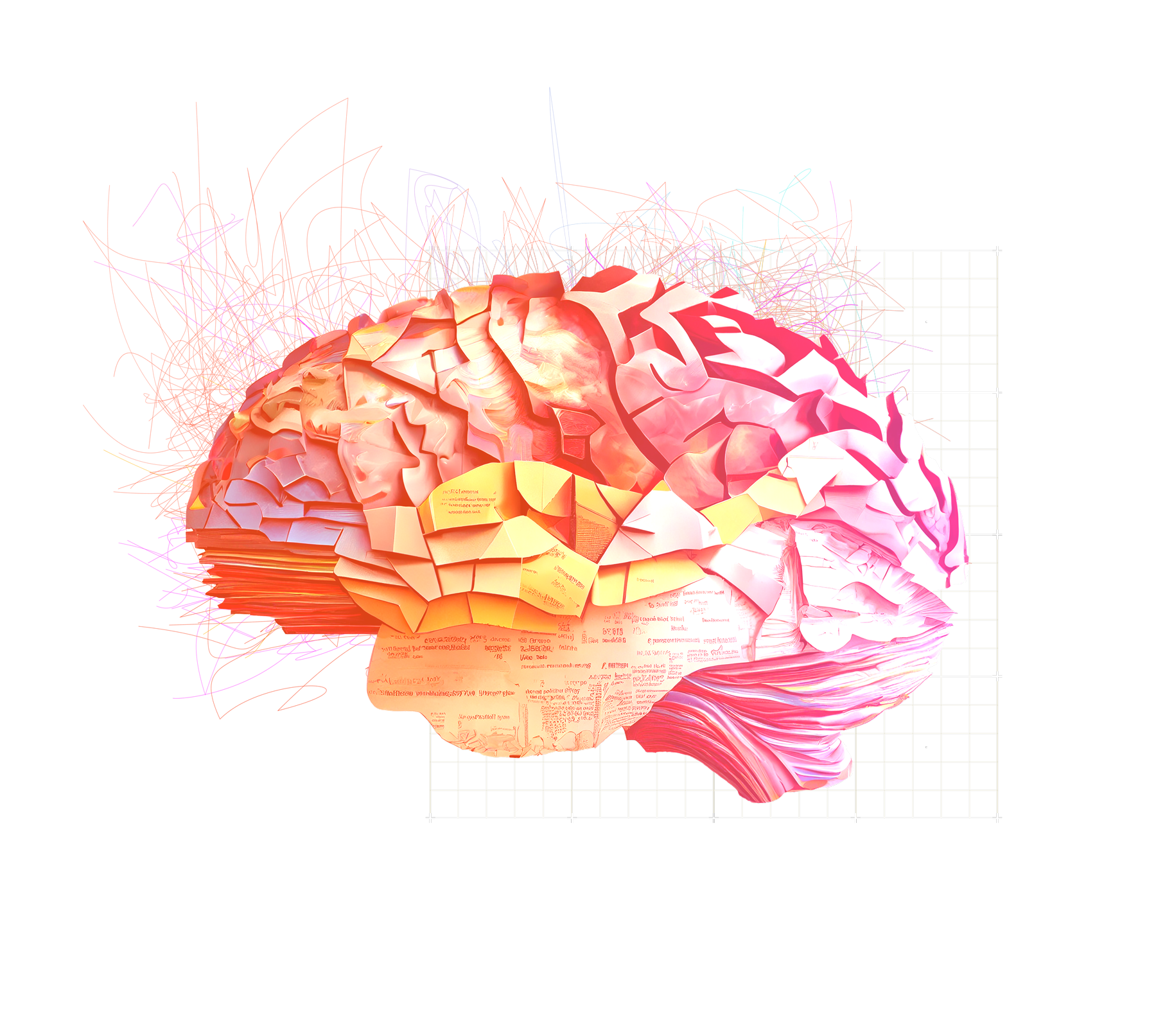Does a Cup of Tea Make Everything Better?
If you are a tea drinker, there is some really good new research on the health benefits from drinking green tea. While there’s been quite a few studies shown that there are reported health benefits from drinking a certain amount of coffee, we can now add black tea to the list.
It's been shown from a new study that drinking two or more cups of black tea a day is associated with lower risk of death from all causes. This was a study that was published this week in the Annals of Internal Medicine.
The study looked at nearly half a million men and women aged from 40 to 69 years old who are participants in the UK Biobank Study. Being from the UK, the vast majority of them (89%) said that they drank black tea. So the research group looked at how many cups of tea they actually drank and followed them up for a number of years to see who died and who didn't.
They found that those who reported having between two and six cups a day had between a 9% and 13% lower risk of death by all causes. Now, the interesting thing on this study, as opposed to some of the other research looking at green tea, was that they also tracked or measured the genetic variance that they have, which is around metabolising caffeine.
We know that the average rate of processing caffeine, for most people, the half-life is about 6 hours, which means that 6 hours after you've drunk a cup of tea or a cup of coffee, half of that caffeine is still in your system. But, if you have one particular variant of what’s known as the CYP1a2 gene, it means you can process it much faster.
We also know that the range of processing caffeine varies greatly from between two to two and a half hours of a half-life for fast metabolisers of caffeine to up to 10 hours for slow metabolisers of caffeine. In this study, it didn't matter what their genetic variant of the CYP1a2 gene was, it still had a positive impact on their longevity or their risk of death from cardiovascular disease and all other diseases.
It’s important to note, however, that this is an observational study with some limitations. It could be that tea drinkers have other healthy habits and you can't rule this out. Yet they did try to control for this. Like any good observational study, they look at a whole range of factors, whether they exercise or not, whether they smoke or not, and then they use statistics to
try to control for them.
But we do need to be aware of the limitations of observational data. The best way to work out whether tea can actually reduce your risk of mortality definitively is to do a randomised control trial. Take half the people who drink two or five cups of tea or wherever a day, and then the other half of people don't drink it, and then follow those guys. But we can link this to
some of the bioactive compounds found in tea as it’s the same with coffee.
Both of them contain a range of bioactive compounds, things called polyphenols and flavonoids, that we actually know are really good for our health and have interactions at a cellular level to reduce inflammation and oxidative stress. This study would seem to suggest that it is a good thing to drink tea, whether it's black or whether it's green.
As mentioned earlier, there’s been a whole heap of research coming out about the benefits of green tea, but we need to realise that both black tea and green tea come from variations of the CM plant, also known as camellia sinensis. If they're coming from the same plant, they got the same bioactive compounds in them.
While this study doesn’t have very strong evidence around it, should you change your drinking habits if you don't drink tea? Well, if you don't drink tea and you drink coffee, you're probably still going to get benefits. But maybe adding tea in would do you some good if
you don't drink tea yet.
You may ask, “But what about the caffeine?” While it does have an impact on sleep, caffeine is a factor to take into consideration before committing to drinking tea. Now, there is a way to find out your caffeine metabolism but it's a rough kind of guide.
So if you have a two or three cups of coffee, like a double espresso, or you have quite a lot of tea in a short period of time and it makes you a little bit jittery, you are probably a slow metaboliser of caffeine. If you're still not sure, a general rule of thumb is to have no more than 250 milligrams of caffeine and try to be done about 10 hours before sleep because of that long half-life of the caffeine and the fact that caffeine is a brie and stimulant.
But if you're already drinking tea, rest assured that a good old cup of tea, as well as being nice and comfortable, is maybe going to extend your lifespan and reduce your risk of mortality, particularly from cardiovascular disease and stroke.
Corporate burnout to mental fitness
Inspired to live intentionally? Want to be the change in your workplace? Fill out this form & let’s chat.



